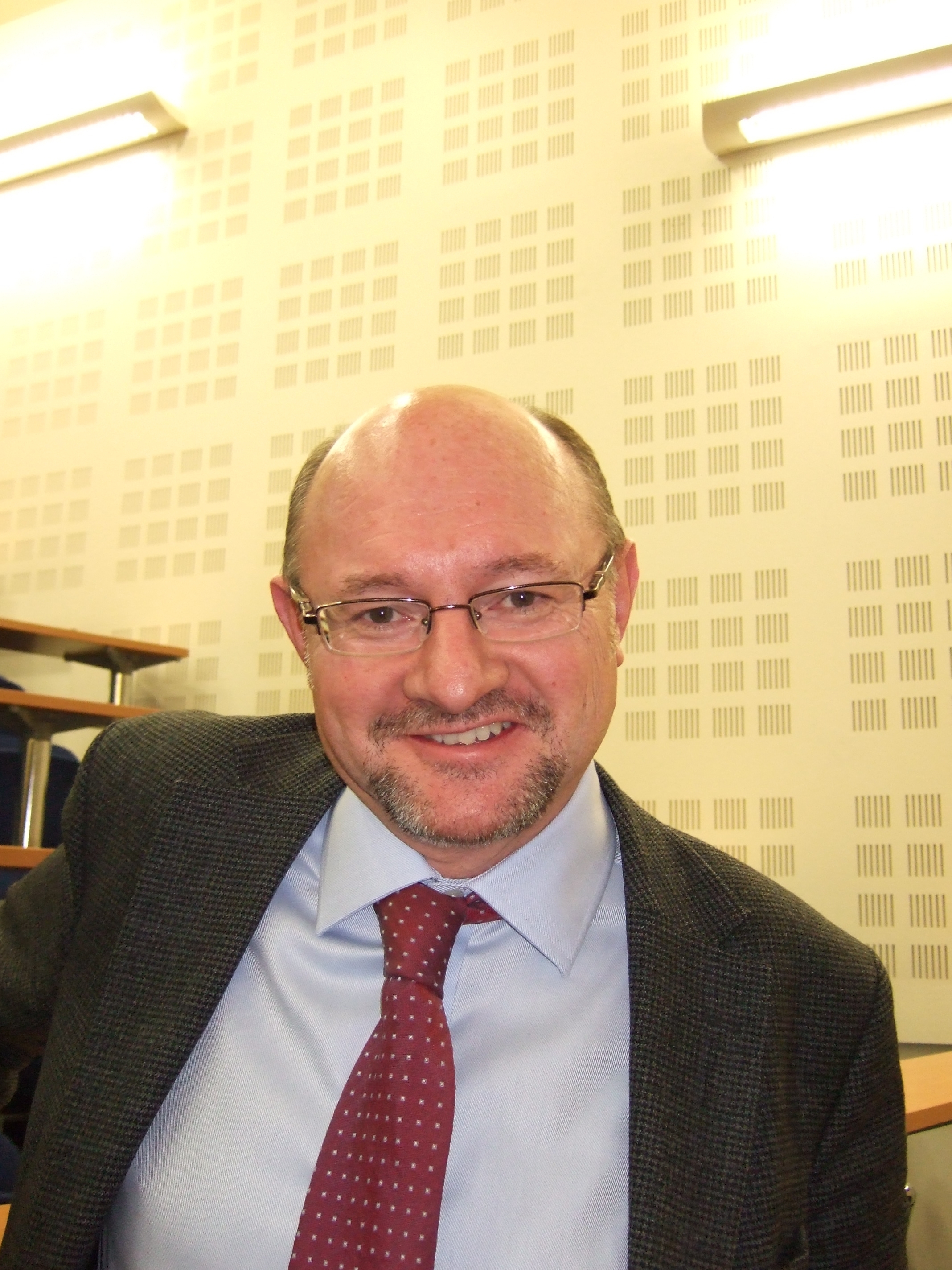Kartalova-O'Doherty, Yulia
(2011)
Mental health recovery conference ‘Critical positions on and beyond recovery’.
Drugnet Ireland,
Issue 36, Winter 2010,
p. 20.
A two-day conference organised by the Catherine McAuley School of Nursing and Midwifery and the School of Applied Social Studies, University College Cork, took place on 10 and 11 November 2010.1 This free conference was dedicated to the life and work of consultant psychiatrist Dr Michael Corry. Michael died earlier this year after a short illness. He was a fearless campaigner for the rights of mental health service users and all those experiencing psychological distress. He was an opponent of bio-psychiatry and its sole reliance on psycho-pharmacology, a campaigner for the abolition of ECT and a compassionate healer appreciated by thousands of patients.
The conference provided a forum for people from diverse backgrounds to present, discuss and debate critical perspectives on and beyond recovery, with a view to establishing an Irish forum or movement for critical voices in mental health. The forum is intended as a coalition of service users, carers, professionals, academics and interested others who want to develop a mental health system which is not overpowered by the traditional bio-medical model. Such focus is in congruence with A vision for change2 and with the Mental Health Commission (MHC) recovery approach, as described in a recent publication:3
...the recovery approach challenges the privileging of one theoretical perspective as the primary explanation for and the treatment of mental distress and the privileging of professional interpretations and expertise over expertise by experience and personal meaning. The biomedical model and medical treatments may have an important place for some people in the recovery process, but as an invited guest, rather than the overarching paradigm. (p. 11)
Interestingly, similar sentiments concerning recovery from addiction were expressed at the recent Irish National Drug Conference.4 For example, Dr David Best’s presentation, What does recovery mean for harm reduction?, highlighted the shared components of recovery from addiction and mental health problems, such as empowerment, choice, community focus, personally defined goals, and the diminishing power of psychiatry and the biomedical model.
Keynote speakers at the UCC conference included: Dr Pat Bracken (consultant psychiatrist and clinical director, Centre for Mental Health Care and Recovery, West Cork), Dr Ivor Browne (retired psychiatrist and Professor Emeritus, University College Dublin), Grainne Humphrys (mental health campaigner, West Cork), John McCarthy (founder of Mad Pride Ireland), Donna English (artist, carer and campaigner), Dr Aine Tubridy (psychotherapist and partner of the late Dr Michael Corry), and two members of the Hearing Voices Movement in the Netherlands, Erica van den Akker (psychiatric social worker), and Suzanne Engelen (behavioural scientist, voice hearer, and trainer in Experience Focussed Counselling4).
One of the key messages of the conference was that the current movement of critical positions on recovery presents not only a challenge to psychiatry, but also an opportunity for it to engage creatively with the service user movement, especially in the context of the forthcoming review of the Mental Health Act 2001. In his keynote presentation, Dr Bracken stressed that, whereas many service users accept that some form of legal protection is needed for those who lose capacity to care for themselves and may put themselves or others at risk, many are angry that the Mental Health Act gives sole authority to doctors to make decisions about what should happen to them. It is hoped that the critical recovery movement will help to incorporate perspectives of service users, carers and other professionals into mental health legislation and recovery-oriented mental health care.
Dr Pat Bracken
2. Department of Health and Children (2006)
A vision for change: report of the expert group on mental health policy. Dublin: Stationery Office. Available at
www.drugsandalcohol.ie/61543. Higgins A (2008)
A recovery approach within the Irish Mental Health Services: a framework for development. Dublin: Mental Health Commission. Available at
www.lenus.ie/hse/handle/10147/75113